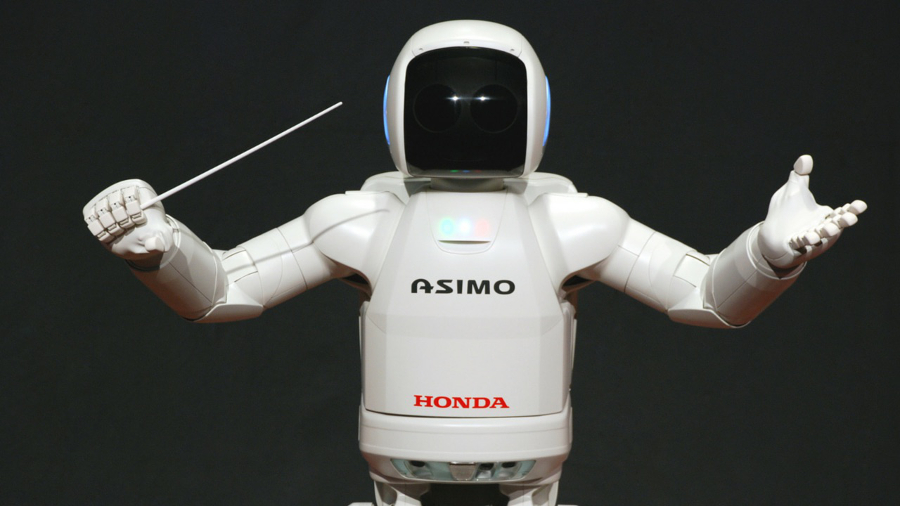Robots evolve faster when you kill them
Sounds scary, but it's good news

Computer scientists have discovered that robots evolve faster and more efficiently after a mass extinction.
The team at the University of Texas, Austin used a simulated mass extinction modelled on real-life disasters, and found that it hastens evolution in artificial intelligence.
The simulation involved connecting neural networks to simulated robot legs with the aim to make a robot evolve to the point it was walking stably.
A number of random mutations were introduced during the process, introducing a wide range of different abilities, though not all were directly helpful for walking. After hundreds of generations, 90% of the robots were wiped out.
Diversify
After a number of cycles of evolution and extinction, the most evolvable lineages were the ones that survived.- these had the best potential for creating new behaviours. Researchers also discovered that the simulations with mass extinctions were the ones that led to robots with better walking techniques.
While this is applicable to robots, it also more widely supports the general theory that mass extinctions can speed up evolution by encouraging new types of adaptation. "This is a good example of how evolution produces great things in indirect, meandering ways," said Joel Lehman, one of the co-authors of the study.
It could also lead to the development of robots better at overcoming obstacles, which could be hugely beneficial for exploring other planets.
Sign up for breaking news, reviews, opinion, top tech deals, and more.

Hugh Langley is the ex-News Editor of TechRadar. He had written for many magazines and websites including Business Insider, The Telegraph, IGN, Gizmodo, Entrepreneur Magazine, WIRED (UK), TrustedReviews, Business Insider Australia, Business Insider India, Business Insider Singapore, Wareable, The Ambient and more.
Hugh is now a correspondent at Business Insider covering Google and Alphabet, and has the unfortunate distinction of accidentally linking the TechRadar homepage to a rival publication.